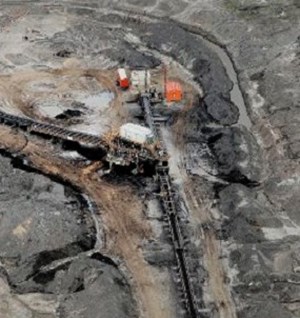Canada moves forward with one of the “world’s largest” carbon capture and storage projects
(WO) —The Pathways Alliance, representing Canada’s largest oil sands producers, has entered into a Carbon Sequestration Evaluation Agreement with the Government of Alberta.
The agreement enables the Alliance to immediately start a detailed evaluation of its proposed geological storage hub, one of the world’s largest carbon capture and storage (CCS) projects. This will help further assess the geological characteristics and properties of the deep underground CO2 storage formation.
This testing – and existing information collected by Pathways Alliance companies with operations in the area – will help with field development plans to support the final application for a storage agreement and further regulatory approvals.
The proposed carbon storage hub would be connected to a transportation line that would initially gather captured CO2 from an anticipated 14 oil sands facilities in the Fort McMurray, Christina Lake and Cold Lake regions. The plan is to grow the transportation network to include over 20 oil sands facilities, and to accommodate other industries in the region interested in CCS.
The project is critical to achieving Pathways Alliance’s plan to reduce CO2 emissions from its member companies’ oil sands operations by 22 million tonnes by 2030 and enabling the goal of net zero by 2050.
“This agreement marks another significant milestone on the road to finalizing plans for our proposed CCS project in northeastern Alberta and achieving our goal of reaching net zero emissions by 2050 to help Canada meet its climate commitments,” said Kendall Dilling, President of the Pathways Alliance.
“CCS has been globally recognized as one of the most effective means of reducing industrial greenhouse gas emissions, and Alberta’s geology makes this one of the most ideally suited places in the world to safely inject and permanently store CO2.”



